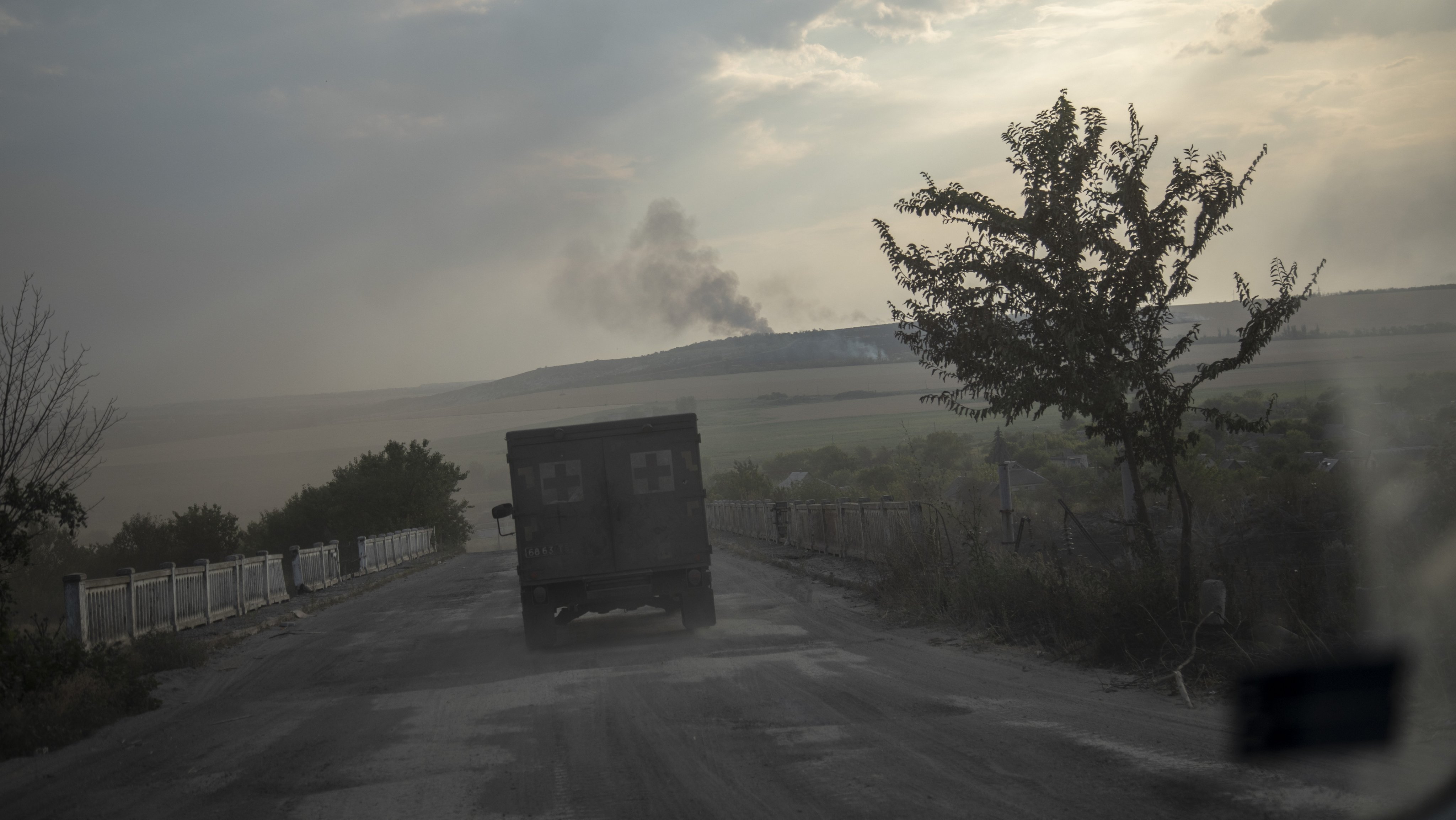Valya (not her real name) spoke to her son for the last time on February 20: “He told me that he was doing military exercises near the Ukrainian border and that he was living in tents.” Four days later Russia’s invasion of Ukraine began, but the Russian woman only heard from her relative in early March, when a sergeant at her son’s base “called” her: “He told me that everyone was fine, that he had contact him every day. We were in contact during the month of March and he said everything was fine.”
But it wasn’t right. A man who introduced himself as a friend of his son sent Valya a message. “I didn’t know him. Find me on social networks. He told me that my son’s leg had exploded and that he had died.” In shock, the woman recounts, in an interview with the BBC, that she made “numerous calls” to her son’s military base, but “no one could tell her anything.” Finally, Valya called the sergeant with whom she had been in contact throughout the month of March, who ended up confessing to her: “The last time we talked to her son was on February 23.”
“Why did you call me? [a dizer que estava tudo bem]?” Vaila asked. On the other hand, a short answer: “I’m sorry. I’m just a sergeant.” The Russian mother did not give up and even wrote to the Ministry of Defense. “No one was able to give me the most basic information: when, where and how my son had disappeared. The only thing they said was that he participated in the ‘special military operation’ and that he had disappeared”.
Just a few months later, Valya does not specify when, she received the official notification that the son had died in the war in Ukraine. Despite this, the woman assures that she has not earned a grudge against the kyiv authorities. “Yes [a Rússia] If we were attacked in this way, we too would have defended ourselves, as they are doing. We would also defend ourselves and we would also be furious.”
After her son’s death, Valya says she often talks to a group of other soldiers’ mothers. Contrary to Russian propaganda, these women are rebelling against the government and the war. “They hate Vladimir Putin. They want the end of the war. All mothers want that.”
“We are the lowest class. We are simple country people. All the young people who fight are from remote regions of Russia. They are not Muscovites. There are no children of government officials. [na guerra da Ucrânia]”, laments Vayla, who wants to see the end of the war. “Stop. Stop and protect our children.”
Source: Observadora
